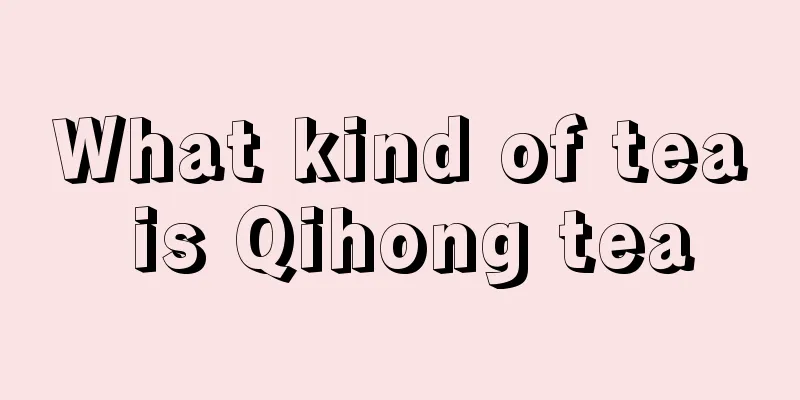What Chinese medicine should I take for bladder cancer recurrence

|
What Chinese medicine should I take for recurrence of bladder cancer? There are many ways to treat bladder cancer now, and many bladder cancer patients have begun to try to use Chinese medicine to treat bladder cancer. Compared with Western medicine for the treatment of bladder cancer, the use of Chinese medicine to treat bladder cancer is not only effective, but also has few side effects, and is very popular among patients. So what Chinese medicine is good for the treatment of bladder cancer? Let's introduce the Chinese medicine treatment of different types of bladder cancer. 1. Weak temper type Symptoms: inability to urinate, or small amount of urine but not smooth, hematuria, limb fatigue, muscle wasting, loose stools, poor appetite, shortness of breath, weak speech, etc., pale tongue, white tongue coating, and deep and weak pulse. Prescription: Buzhong Yiqi Decoction with modifications. 60g each of Pyrola, Dianthus superbus, Leptophora japonica, and raw Coix seeds, 30g each of Poria cocos and Vaccaria segetalis, 10g of ginseng (decoction separately and add water), 25g of Astragalus, 10g each of Atractylodes macrocephala, Angelica sinensis, Tangerine peel, Cimicifuga heracleifolia, and Bupleurum chinense, and 6g of Licorice root. Function: Strengthen the spleen and replenish qi, and clear the water channels. 2. Yin deficiency and internal heat type Symptoms: dry mouth without desire to drink, fever in the five parts of the body, short and dark urine, dry stool, pain in the lumbar region, low-grade fever, weight loss, red tongue, thin coating, and thin pulse. Prescription: Zhibai Dihuang decoction with modifications. 60g each of Pyrola, Dianthus superbus, Leptophora japonica, and raw Coix seeds, 30g each of Polyporus umbellatus, Vaccaria segetalis, and Salvia miltiorrhiza, 10g each of Anemarrhena asphodeloides, Phellodendron chinense, Dioscorea opposita, Alisma orientalis, Cortex moutan, Poria, and Rehmannia glutinosa, 15g of Paeonia lactiflora, and 12g of Zedoariae rhizome. Function: Nourishes yin, clears away heat, promotes blood circulation and removes blood stasis. 3. Blood stasis and internal resistance type Symptoms: Dull complexion, pain in waist and abdomen, lumps in waist and abdomen, distension and discomfort in kidney area, purple tongue or spots and petechiae, thin yellow tongue coating, stringy or astringent or intermittent pulse. Prescription: Taohong Siwu Decoction with modifications. 60g each of Pyrola, Dianthus superbus, Lophatherum gracile, and Raw Coix Seed, 30g each of Polyporus, Vaccaria segetalis, and Salvia miltiorrhiza, 10g each of Peach Kernel, Safflower, Chuanxiong, Corydalis, Cyperus rotundus, and Fructus Aurantii Immaturus, and 15g of Red Peony Root. Function: Promote blood circulation, remove blood stasis, regulate qi and disperse stagnation. |
<<: Instillation therapy for bladder cancer
>>: Complications after bladder cancer surgery
Recommend
Ten points to note when improving joint diseases
In daily life, when we squat or stretch, we will ...
How to eat white Poria cocos, do you know how to eat these?
White Poria cocos is a traditional Chinese medici...
What is the diet for people with high blood sugar?
Although high blood sugar is one of the three hig...
What is the reason why thyroid cancer cannot control emotions
Thyroid cancer is a malignant tumor that originat...
How to care for liver cancer in the late stage? The care for liver cancer in the late stage focuses on 4 aspects
In the late stage of liver cancer, especially whe...
How is prostate cancer diagnosed? What are the symptoms of prostate cancer progression?
Nowadays, people are afraid of cancer, but in fac...
What are the traditional Chinese medicines for fighting ovarian cancer
In today's society, many female friends have ...
What are the dangers of gel water?
Gel water has always been favored by hair salons ...
How to avoid lung cancer recurrence? Introduction to methods to prevent lung cancer recurrence
In today's society, lung cancer can be said t...
The main symptom of uterine cancer in women is vaginal bleeding
The most obvious symptom of uterine cancer in wom...
Can I eat leeks after double eyelid surgery
The Year of the Pig is coming soon, and many peop...
What is the cause of thigh flexion pain
There are many reasons for thigh flexion pain. Ac...
Can scraping remove dampness?
Many people have excessive moisture in their live...
Which should I take first, cod liver oil or milk calcium
There are many aspects that newborns need to pay ...
Why does fermented glutinous rice turn sour?
Many people like to eat Laozao, especially childr...









